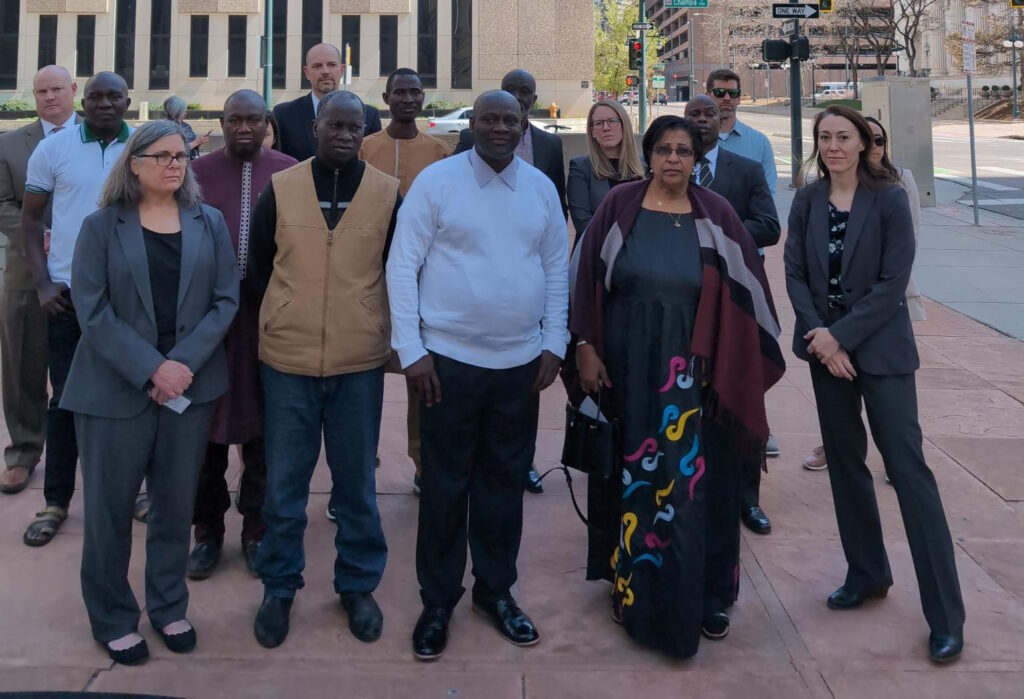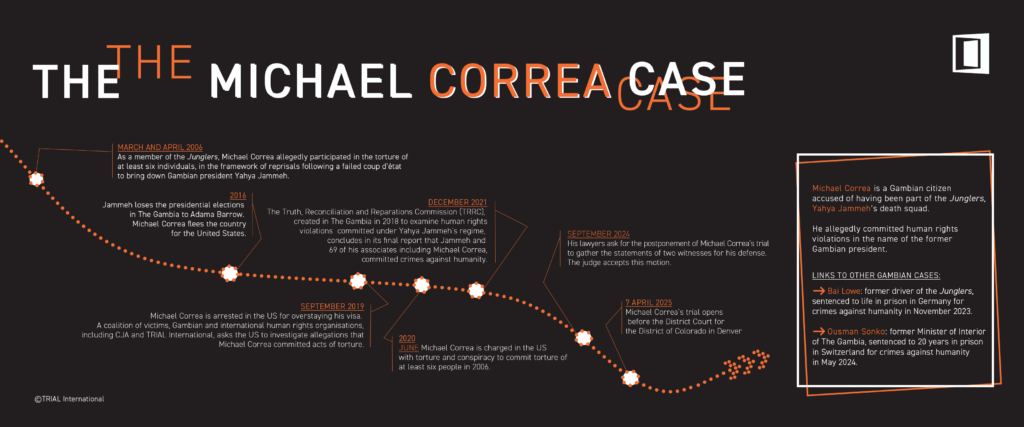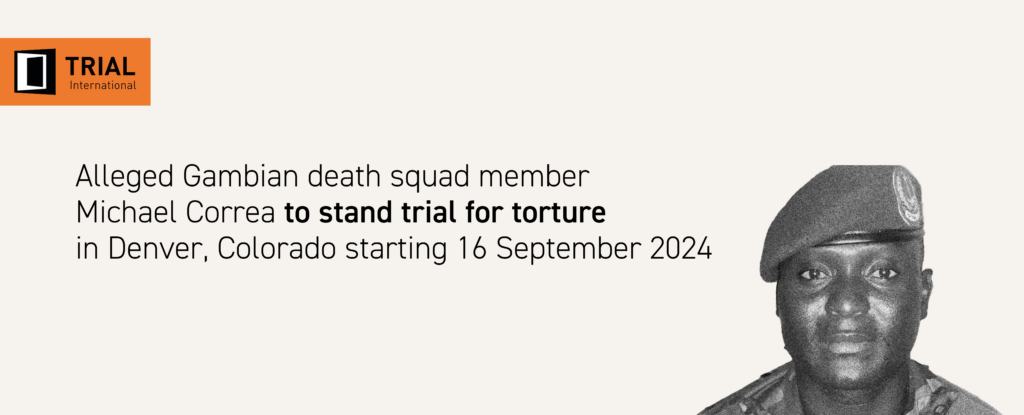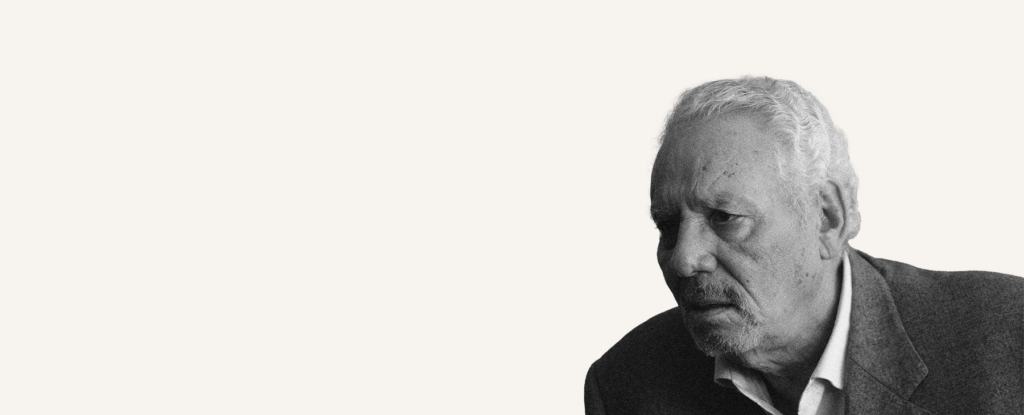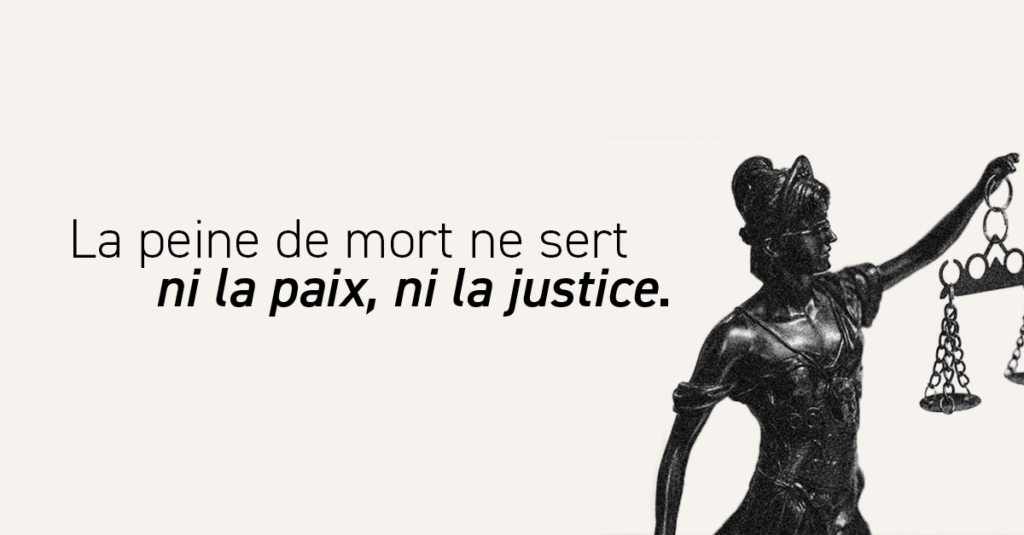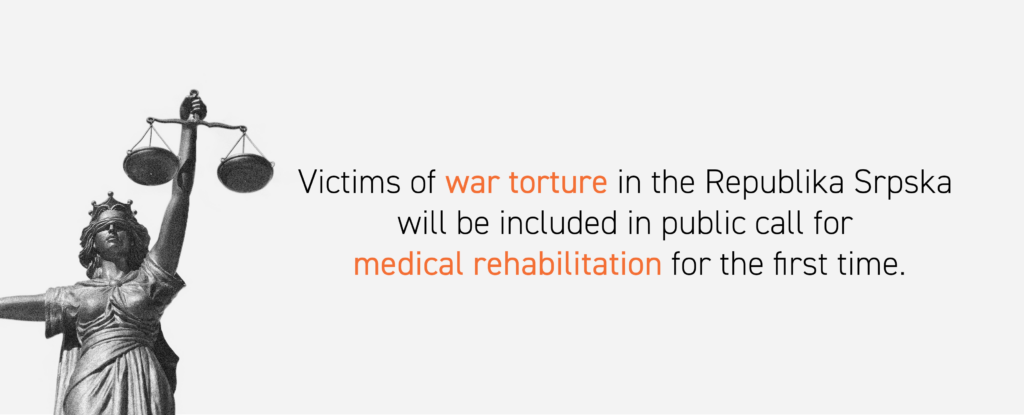Prashanta Pandey: tortured and unlawfully detained
The case
Arrest, enforced disappearance and torture in April 2011
Mr. Pandey, a Nepalese citizen from Teraï, was arbitrarily arrested on 7 April 2011 by three police officers from the Ruphandehi District Police Office without being informed of the reasons oh his arrest nor with any arrest warrant. He was brought to Lumbini Zonal Police Office and subjected to repeated interrogations, torture and severe ill-treatment, in order to extract from him a confession on his alleged involvement in the planning and execution of a bomb-explosion perpetrated on 27 March 2011, in which he always denied having any implication.
Prashanta Pandey was repeatedly beaten, kept constantly blindfolded and handcuffed, insulted and threatened. He was even forced to urinate on an electric heater, that made him bleeding and fainting, but never received any medical treatment or attention. Exhausted and prostrated Mr. Pandey signed a confession extorted through torture on 13 April 2011. Today, as a consequence of the many torture endured, Mr. Pandey still suffers of a grave form of depression and sexual dysfunctions.
Between 7 and 11 April 2011, he was held incommunicado. While his mother was struggling to determine his fate and whereabouts, Nepalese authorities denied having knowledge of his deprivation of liberty and deliberately concealed his whereabouts. It is only after Mr. Pandey signed this confession that he was allowed to communicate to the outside world. Newspaper articles were published and he was labeled as a terrorist and a murderer.
The denunciation of acts of torture and the impunity of their authors
As soon as he was brought before a judicial authority, he denounced having been subjected to torture. However, these allegations were never investigated and, although he disclosed the identity of the officers responsible, they were never prosecuted and sanctioned.
Mr. Pandey was kept in jail whilst the trial against him took place and he endured inhumane conditions of detention.
On 13 June 2012, the Rupandehi District Court held that there was no evidence of Mr. Pandey’s involvement in the placement of the bomb. He was however declared responsible for the preparation of the attack and sentenced to one year’s imprisonment, which he had already spent during the trial and was thus released. The confession obtained through torture was considered as valid evidence.
His attempts to obtain justice and redress for the harm suffered were frustrated, as Nepalese authorities refused to register his claims because he did not report the torture within 35 days from having suffered such treatment (which would have been concretely impossible for him).
He ultimately submitted a complaint to the Supreme Court on 23 January 2013, seeking relief and requesting the latter to order that the 35-day statute of limitations is not applied to his case. The claim is still pending before the Supreme Court of Nepal, but he has no real prospect of success, considering that the Court never disregarded the statute of limitations established under domestic legislation.
The victim seized the UN Human Rights Committee (HRC)
In February 2014 TRIAL submitted a communication to the Human Rights Committeeon behalf of Mr. Prashanta Pandey.
The HRC has therefore been asked in the present complaint, to make a finding concerning the serious human rights violations suffered by the victim and to open a prompt, thorough and independent investigation into these alleged crimes, as well as to prosecute and sanction the perpetrators.
Mr. Prashanta Pandey requests the HRC:
- to find that he is a victim of a violation of Arts. 7 (prohibition of torture) and 10, para. 1 (right to humane treatment in detention), read alone and in conjunction with Art. 2, para. 3 (right to an effective remedy), of the International Covenant on Civil and Political Rights, because of the torture and ill-treatment as well as the inhumane conditions of detention he has been subjected to and the subsequent failure by Nepalese authorities to carry out an ex officio, prompt, effective, independent, impartial and thorough investigation on his allegations, and to judge and sanction those responsible
- to find that he is a victim of a violation of Art. 9, paras. 1, 2 and 3 (right to personal liberty and security) of the Covenant, because he was subjected to arbitrary arrest and detention; he was not informed, at the time of arrest, of the reasons for his arrest nor was he promptly informed of the charges against him; and he was not brought promptly before a judge or other officer authorized by law to exercise judicial power
- to find that he is also a victim of a violation of Art. 14, paras. 2, 3 (b) and 3 (g), of the Covenant (right to fair trial), because he was not presumed innocent until proved guilty according to law; and he did not have adequate time and facilities for the preparation of his defense and to communicate with a counsel of his own choosing. Moreover, he was compelled to testify against himself and to confess guilt
- to request Nepal to promptly and effectively investigate and prosecute and sanction those responsible for his torture; to ensure that he receives adequate compensation for the harm suffered and integral reparation, including restitution, rehabilitation, satisfaction and guarantees of non-repetition
On 30 October 2018, the Human Rights Committee issued its conclusions following the complaint submitted by TRIAL International on behalf of Mr. Prashanta Kumar Pandey. The Human Rights Committee considers Nepal responsible for the violation of Mr. Pandey’s right to liberty and security, as well as his right to a fair trial. In addition, Nepal is held responsible for his detention in inhuman conditions. The UN body calls on Nepal to investigate the facts and prosecute those responsible for these acts. The Human Rights Committee calls for psychological support, public acknowledgement of the suffering endured (e.g. public apology) and reparation measures.
The general context
The Teraï region, in southern Nepal bordering India suffers many human rights abuses, including widespread torture and extra-judicial killings, and the ensuing impunity.
The majority of the victims of the mentioned abuses, such as Mr. Prashanta Pandey, pertains to the Madheshi communities living in the region. They have been claiming for greater autonomy for several years.
In the aftermath of the promulgation of the Interim Constitution in January 2007, the protests in the area became violent and several armed groups emerged. Nepalese authorities adopted special security measures, and authorities charged with the implementation of the security plan have been implicated in human rights violations, including torture and arbitrary executions. To date, impunity remains rampant as those responsible for these violations have not been investigated, prosecuted and sanctioned

